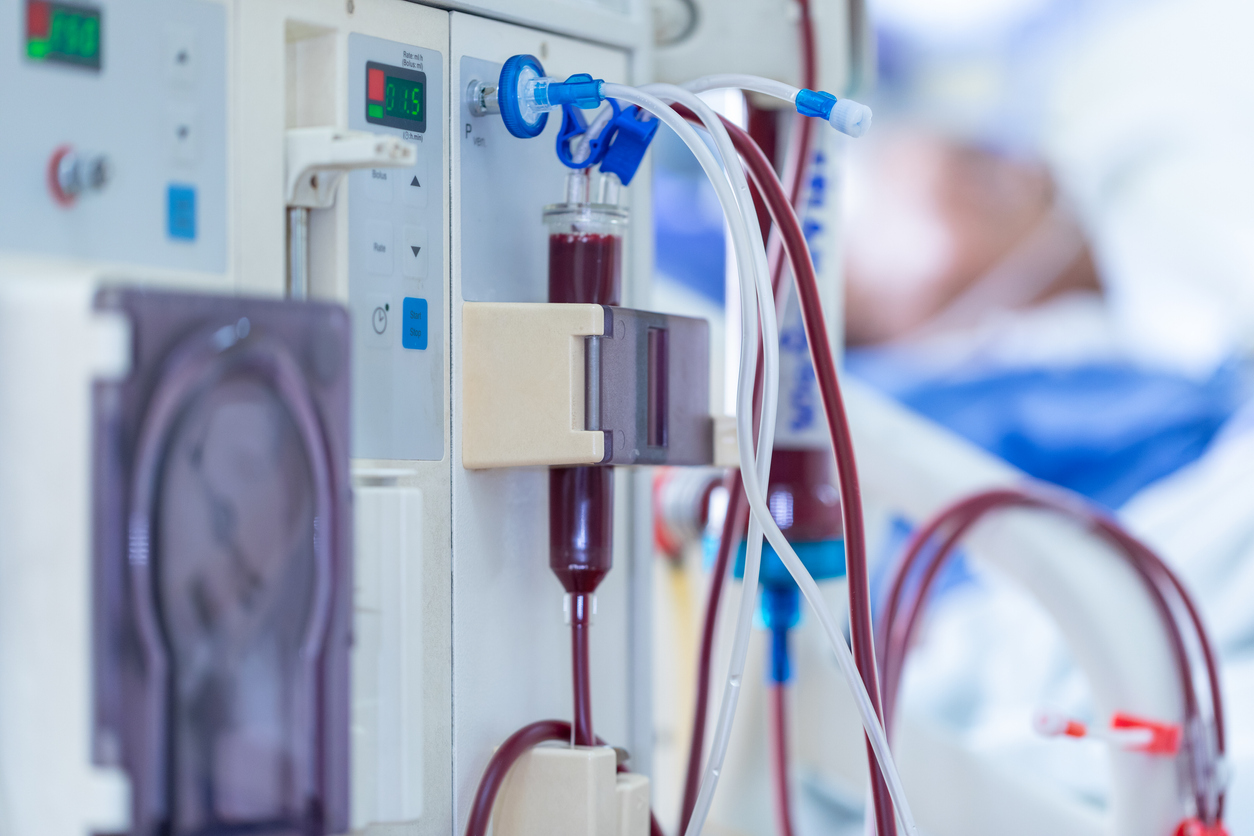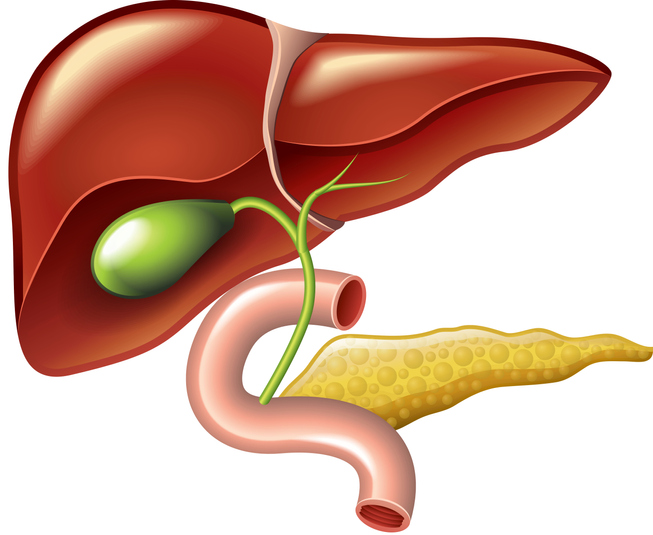Loading
“A common genetic variant predicted poor outcomes from peritoneal dialysis, suggesting a potential factor for patient selection and treatment, researchers found.
Variants in AQP1, the gene that encodes for a key water transport channel across the peritoneal membrane, were associated with decreased ultrafiltration while on peritoneal dialysis and a 70% increased risk of death or failure of that form of dialysis as well.
The 10-16% of patients with the TT genotype of the rs2075574 variant could be good candidates for precision medicine in dialysis treatment, Johann Morelle, MD, PhD, of the Cliniques Universitaires Saint-Luc in Brussels, Belgium, and colleagues reported in the New England Journal of Medicine.”
Read more here.
Loading







